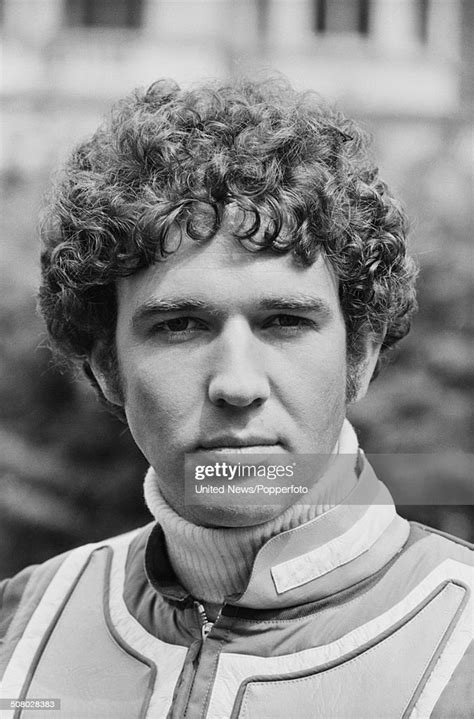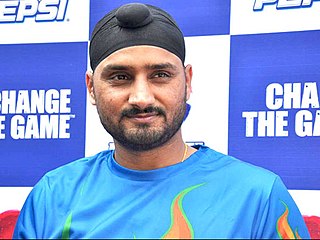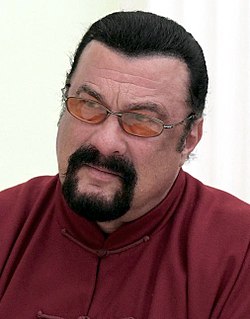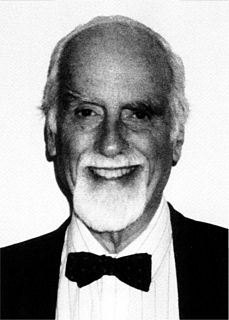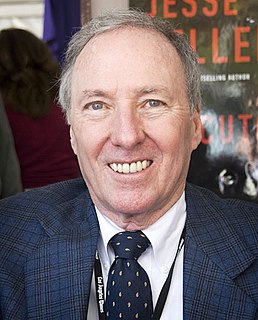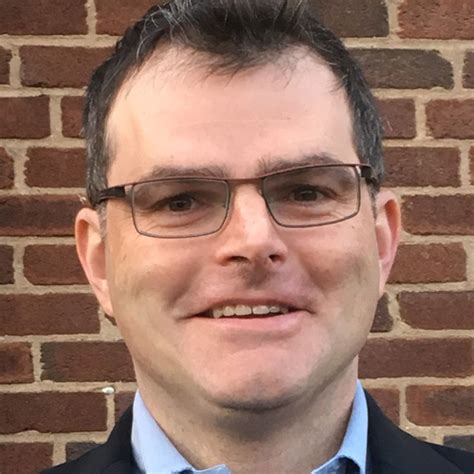A Quote by Joseph Badaracco
I think that, in general, when you want to make a case, It important to be as clear and honest and persuasive as you can be about stating the opposite case, rather than attacking strawmen.
Related Quotes
I have told somebody in court that 'I understand yours is the most important case in the world, and I'm trying to treat it as the most important case in the world, but five minutes from now I'm going to be dealing with the next person's most important case in the world.' For every litigant, theirs is the most important case.
In any case, open-seat presidential elections like 2008 just are different in character from incumbent reelects, and I think that's the most important thing about this election - is that once there's an incumbent running for reelection, most of the debate is about, "Has he [Barack Obama] done a good job?" Most of the judgment is, "Do you want to keep him or do you want to replace him?" Now, the opponent has to also be acceptable and has to make his own case.
Getting faculties to come to a consensus about something that they've never really thought about or had to worry about in their careers before can be a rather slow process and a long process, it certainly was the case at Harvard, and it's the case with most of the general education curricula that I know of, it takes four or five years just to get everybody on board with one idea.
Whatever the source of the leader's ideas, he cannot inspire his people unless he expresses vivid goals which in some sense they want. Of course, the more closely he meets their needs, the less "persuasive" he has to be, but in no case does it make sense to speak as if his role is force submission. Rather it is to strengthen and uplift, to make people feel that they are the origins, not the pawns, of the socio-political system.
I don't want to be in a position that could make me vomit, like air travel. I've purloined airsick bags and stuffed them everywhere, just in case I ever feel the need to throw up. I haven't vomited since 1977, but I think about it all the time. I recognize that it's irrational, but I'd rather jump out of a window than vomit.
I tried not to write about the O.J. Simpson case too much because so much has already been said about it, but there are a lot of questions left worth asking. However, the case is very useful to illustrate other points. The case is a common reference point because everybody knows the ins and outs of it, more than any other case in this generation, so it becomes useful to reference other points. In itself, there aren't that many questions about it that remain unanswered.
Stephen Miller is from Santa Monica. He was educated I believe at Duke. He has worked for Jeff Sessions. He's in his thirties and he's brilliant. He is literally brilliant. He is one of the - if not the - best spokesmen that the Donald Trump administration can roll out to make the case for whatever policy positions they're trying to advance. He can make the case ideologically. He can make the case in common sense.

